Freakery Too: Further Explorations of the Extraordinary Body in Performance
Freakery Too: Further Explorations of the Extraordinary Body in Performance
In 1996, the publication of the anthology Freakery: Cultural Spectacles of the Extraordinary Body, edited by Rosemarie Garland Thomson, defined a generation of scholarship on the topic of the performance of disability. It is hard to imagine any major work of disability theory written since that is not in some way influenced by one or more of those essays, nor by Dr. Garland-Thomson’s other field-defining work Extraordinary Bodies: Figuring Physical Disability in American Culture and Literature. By framing disability as a minority identity (with its own cultural relevance) rather than as a disease, these works established Dr. Garland-Thomson as a thought leader in the intersection of disability with performance, literature, and bioethics.
This new anthology will collect twenty essays from scholars working across the disciplines, expanding a definition of freakery and from a common acknowledgement of the particular performativity of the extraordinary body. The anthology will invite its contributors to investigate performative tropes of disability from various critical discourses and will prompt contributors to address one or more of the following questions:
- ETHICS: What kinds of ethical questions does freak performance open for consideration? Furthermore, how have ethical discussions about freakery changed since the publication of Freakery? How does research into freakery complicated notions of agency, exploitation and victimization?
- HISTORY: How has the development of freak and monster studies recuperated the histories of marginalized people? To what degree does freakery include agency for people who are exhibited as different?
- KNOWLEDGE: What happens when well-known tropes of disability encounter, in performance, new critical discourses? Furthermore, how can these discourses and tropes be rehabilitated in performance to enrich the lived realities of disabled and able-bodied persons alike?
- ART: If no human body is “unusual” or “extraordinary” without semiotic mediation, what is the cultural work of representation? What are the implications of the representation of disability in performance culture? To what degree is there a spatial element in the construction of difference as deviance?
We put particular emphasis on international work, and will solicit case studies of specific performances, traditions, or troupes from Latin America, Africa, and Asia as well as the US and Europe.
As was the case with Freakery, intersectionality and interdisciplinarity will be our watchwords. We will invite contributors from a variety of disciplines that includes cultural anthropology, sociology, literary studies, performance studies, history, social psychology, and bioethics. As editors, we will establish intersectional throughlines that unify the work and enhance its utility to the reader, not only internal to the book but in reference to Freakery.
Essays will be between 5,000 and 6,000 words. Please send a title and abstract of your proposed essay (250 words) to one of the addresses below by February 15.
For more information, contact Michael Chemers at chemers@ucsc.edu, Rosemarie Garland
Thomson at rgarlan@emory.edu, or Analola Santana at analola.santana@dartmouth.edu.
